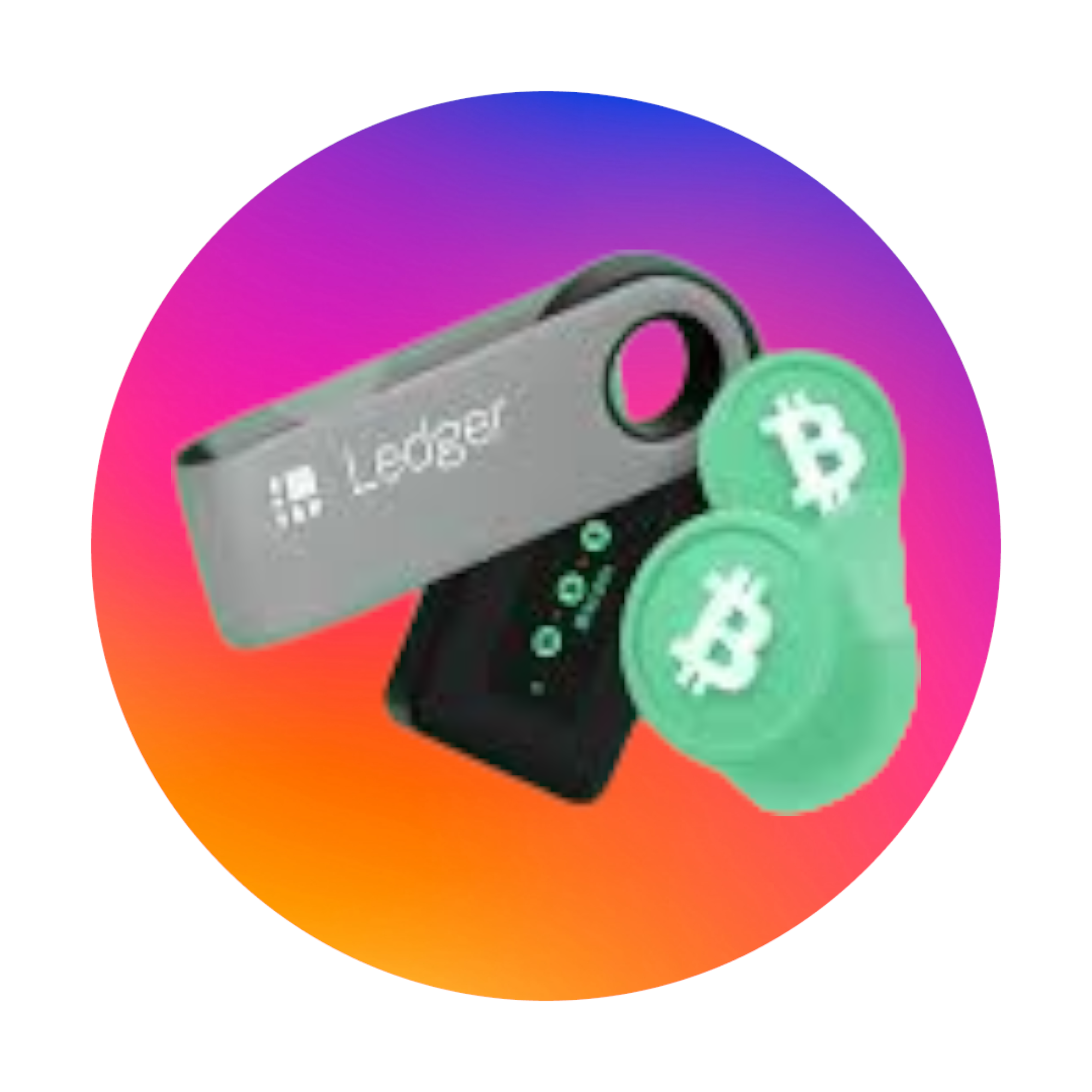Crypto Wallet Verification: Why and How to Do It
Secure your crypto identity, avoid fraud, and ensure platform compliance with verified wallets.

What is Crypto Wallet Verification?
Crypto wallet verification is the process of proving ownership of a blockchain wallet address to establish trust and identity in decentralized systems. Unlike traditional KYC that verifies personal identity, wallet verification confirms that you control specific blockchain addresses.
This process typically involves signing a cryptographic message with your private key or completing a small transaction, which proves you have control over the wallet without exposing sensitive credentials.
Key Benefits of Wallet Verification
- Compliance: Meets KYC/AML requirements for regulated platforms
- Access: Required for many DeFi protocols and NFT marketplaces
- Trust: Builds credibility for OTC traders and institutional participants
- Security: Reduces impersonation and Sybil attacks in Web3 communities
Leading exchanges like Binance and Coinbase now display verified wallet badges for users who complete this process, similar to the "blue check" system in social media but with cryptographic proof.
Why Crypto Wallet Verification Matters
The decentralized nature of blockchain makes wallet verification essential for establishing accountability in these key areas:
Fraud Prevention
In 2024, crypto scams resulted in over $4 billion in losses. Wallet verification helps platforms identify and block malicious actors by creating persistent identity links across transactions. A verified wallet makes it harder for scammers to create fake accounts or impersonate legitimate projects.
Regulatory Compliance
Financial regulators worldwide now require wallet verification for platforms handling fiat transactions or significant crypto volumes. The EU's MiCA regulations and US FinCEN guidelines both mandate wallet-level identity verification for certain transaction thresholds.
Case Study: Fraud Reduction
After implementing mandatory wallet verification, a leading NFT marketplace reported:
- 60% reduction in fake NFT listings
- 75% decrease in impersonation scams
- 40% improvement in dispute resolution times
For security-conscious investors, wallet verification provides an additional layer of confidence when interacting with new protocols or trading partners. It's becoming as essential as two-factor authentication for protecting your digital assets.
Step-by-Step Crypto Wallet Verification Guide
Follow these steps to verify your cryptocurrency wallet on most platforms:
Choose a Supported Wallet
Select from popular options like MetaMask, TrustWallet, or Ledger hardware wallets. Ensure your wallet is properly secured with strong passwords and backup phrases before proceeding.
Connect to the Platform
Use WalletConnect or the platform's direct integration to establish a secure connection. Never enter your private key on any website - legitimate verification only requires connection approval.
Sign the Verification Message
The platform will generate a unique message for you to sign cryptographically. This proves wallet ownership without exposing credentials. Example: "I verify my wallet for ExamplePlatform on 2025-07-19"
Receive Verification Confirmation
Successful verification typically results in a badge on your profile, increased transaction limits, or access to premium features. Some platforms issue verification tokens (NFTs or SBTs) to your wallet.
Supported Wallets for Verification

MetaMask
The most popular Web3 wallet with 30M+ users

Trust Wallet
Binance's official mobile wallet solution

Coinbase Wallet
Secure wallet from the leading US exchange

Ledger
Industry-leading hardware wallet security
Tools & Services for Wallet Verification
The Web3 ecosystem offers several specialized solutions for wallet verification:
Verification Protocols
- WalletConnect: Open protocol for wallet-platform communication
- Web3Auth: Provides seamless wallet verification flows
- Civic Pass: Reusable identity verification across platforms
- Shyft Network: Compliance-focused verification tools
Custom Solutions
For exchanges and blockchain startups needing custom verification:
- Wallet reputation scoring APIs
- Multi-chain verification systems
- Automated risk assessment based on wallet history
- Integration with traditional KYC providers
These tools help platforms implement crypto wallet verification while maintaining user privacy and decentralization principles. Many offer free tiers for small projects with scalable enterprise solutions.
Related Security Services
Enhance your platform's trust and compliance with these services:
- Buy Scamadviser Reviews to establish platform trust
- Buy Verified Stripe Account for fiat processing
- Buy Verified PayPal Account for cross-border transactions
Wallet Verification Checklist
Use this table as a quick reference for the verification process:
| Step | Action | Platform |
|---|---|---|
| 1 | Choose wallet (MetaMask, Ledger) | Wallet App |
| 2 | Connect to platform | DeFi/Exchange |
| 3 | Sign message or transaction | Web3Auth |
| 4 | Display verification badge | Dashboard/Profile |
| 5 | Enable notifications | Telegram/Email |
Pro Tip: Bookmark this page or save the checklist image for future reference when verifying wallets on new platforms.
Wallet Verification FAQs
Wallet verification is required to prevent fraud, comply with KYC/AML regulations, and establish trust between users and platforms in decentralized ecosystems. It creates accountability while preserving pseudonymity when desired.
No, proper verification methods only require you to sign a message or transaction, which doesn't expose your private keys. Never share your seed phrase or private key for verification purposes.
Yes, most platforms allow verification of multiple wallets, though some may require additional identity confirmation for each wallet. This is useful for separating personal and business transactions.
You'll need to contact the platform's support to revoke the old verification and verify your new wallet, often requiring identity confirmation. Some platforms allow pre-authorizing recovery wallets for this scenario.
Ready to Secure Your Crypto Identity?
Verify your crypto wallet today and stay ahead of fraud and compliance requirements in the evolving Web3 landscape.

